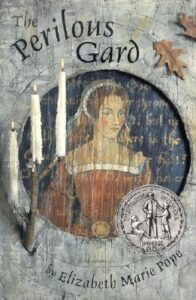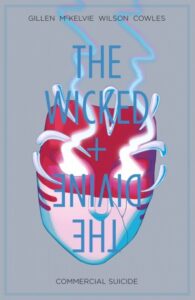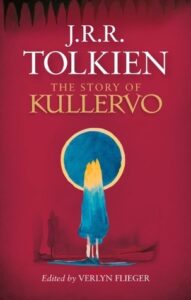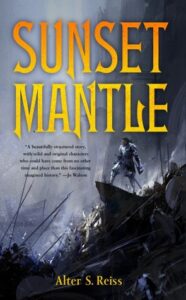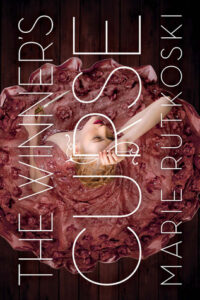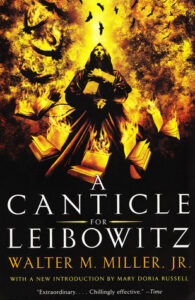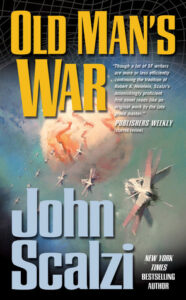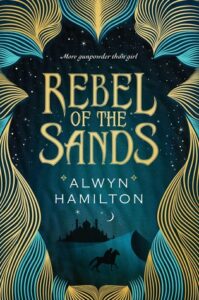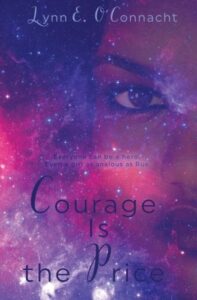 Courage is the Price, Lynn E. O’Connacht
Courage is the Price, Lynn E. O’Connacht
Disclaimer: I know Lynn pretty well. I did buy the book myself, now available in a print copy! But I do know her, and my blog is actually hosted by her.
That said, it doesn’t much affect my review. I mostly liked Courage is the Price: I liked that Rue has anxiety and that it shapes the story profoundly; that Rue has to face that fact and figure out how to work around it, how to help her friend despite it. I liked that she’s pretty privileged and that, up to the point of the story, people have pretty much allowed her anxiety to run wild by keeping her sheltered.
And Priti, a supporting character who becomes Rue’s friend, is awesome too. Casually trans, poorer than Rue, and more aware of the world — and willing to reach out and help Rue get over that kind of thing, even though they’re both bullied at school.
The background is cool too: the spaceship colony world, the ‘imaginary friend’ who turns out to be just a different sort of being and quite, quite real, and indeed suffering her own struggles. I wasn’t a major fan of Ghost herself, because I know that all the methods she was using to cajole Rue out of her anxiety are ones which don’t work, and that she let herself be an excuse for Rue not to seek out anyone else. And, of course, that she didn’t tell Rue who and what she was, or even anything about her and why it would be bad for the two of them to have so close a bond.
Rue’s anxiety takes up a lot of the story, plus her strained relationship with her parents, who don’t really want the daughter they’ve got and expected someone quite different. That sometimes makes the pacing drag a little for me — especially since I know darn well what a panic attack feels like, and was torn between sympathy and wishing I could shake Rue out of it. Probably a personal frustration there: it’s difficult for me to see someone, even a fictional someone, doing things which I know actually fuel anxiety and make you more afraid in the end.
It’s a fun novella, anyway, and I’d like to see more of the world, and of Priti. Rue is… not my favourite character ever (sorry Lynn), but she does grow and change and learn, and maybe towards the end she’s becoming a more interesting character. But really, gimme more Priti!
Rating: 4/5
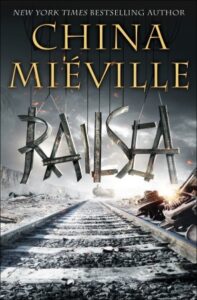 Railsea, China Miéville
Railsea, China Miéville
